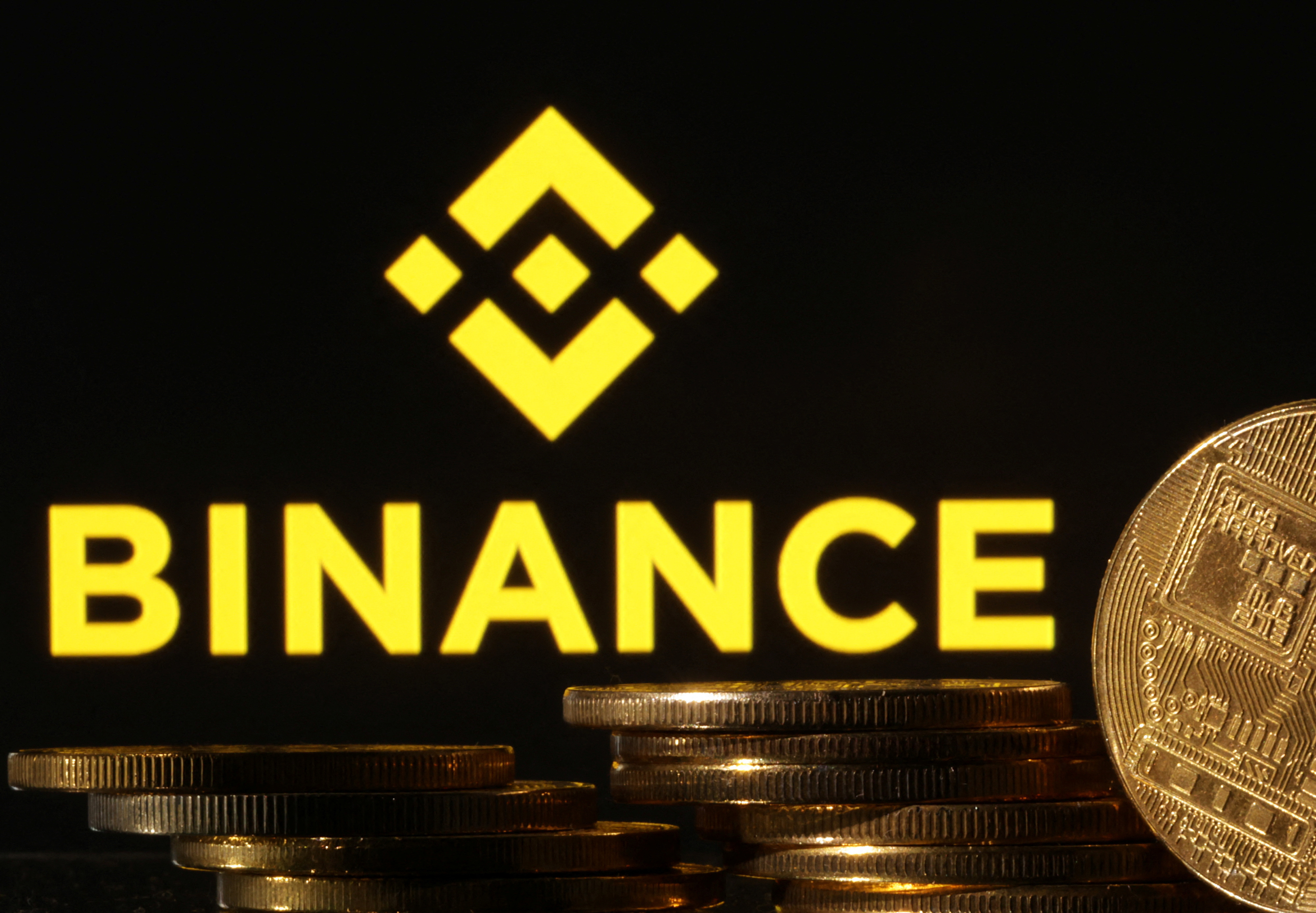Economy
Naira Continues to Appreciate, Trades for N850/$1 in Parallel Market
-

 News6 years ago
News6 years agoNigerian Engineer Wins $500m Contract to Build Monorail Network in Iraq
-

 Featured6 years ago
Featured6 years agoWORLD EXCLUSIVE: Will Senate President, Bukola Saraki, Join Presidential Race?
-

 Boss Picks6 years ago
Boss Picks6 years agoWorld Exclusive: How Cabal, Corruption Stalled Mambilla Hydropower Project …The Abba Kyari, Fashola and Malami Connection Plus FG May Lose $2bn
-

 Headline6 years ago
Headline6 years agoRehabilitation Comment: Sanwo-Olu’s Support Group Replies Ambode (Video)
-

 Headline5 years ago
Headline5 years agoFashanu, Dolapo Awosika and Prophet Controversy: The Complete Story
-

 Headline6 years ago
Headline6 years agoPendulum: Can Atiku Abubakar Defeat Muhammadu Buhari in 2019?
-

 Headline6 years ago
Headline6 years agoPendulum: An Evening with Two Presidential Aspirants in Abuja
-

 Headline6 years ago
Headline6 years ago2019: Parties’ Presidential Candidates Emerge (View Full List)












